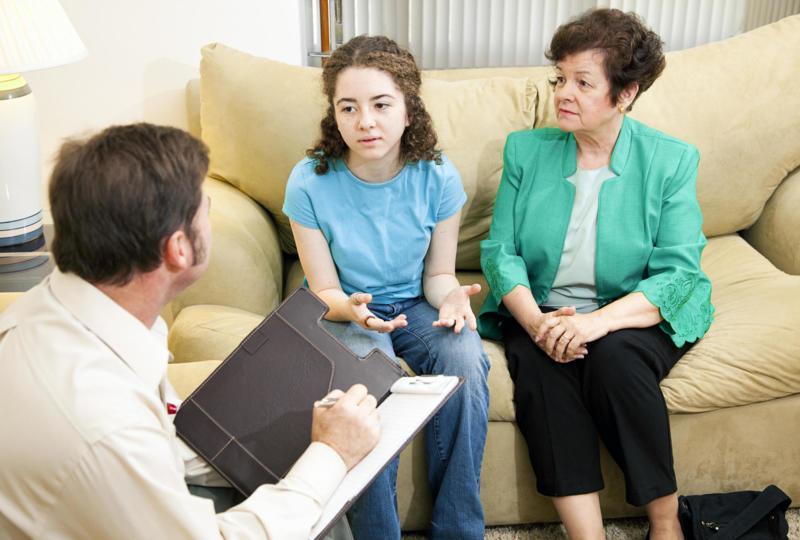The Emotional Rollercoaster of Celiac Disease
Case examples
Gabriella was 16 years old when her pediatrician referred her to a psychiatric evaluation because she showed symptoms of depression. However, the medical assessment found no correlation between her low mood, increased fatigue, and decreased appetite for the psychological disorder. Even her parents noticed that Gabriella has become more socially isolated and had not been attending school on a regular basis.
Jason had a similar issue. He was just 8 years old when he took a psychiatric evaluation due to his inattention, increasing disciplinary concerns, and academic failure. His parents couldn’t make sense of what was going on as their child hadn’t been that hard-headed before. They also observed that Jason was eating less than normal and consistently suffered from stomachaches. This went on for months, so Jason had been very small in size ever since.
Gabriella and Jason were both misunderstood by their own family and friends. They didn’t even understand what was happening with themselves. Others would say that they displayed clear psychiatric symptoms, but tests had been negative. When they had the correct diagnoses, the ‘psychiatric symptoms’ they displayed were actually found to be untreated symptoms of celiac disease.
